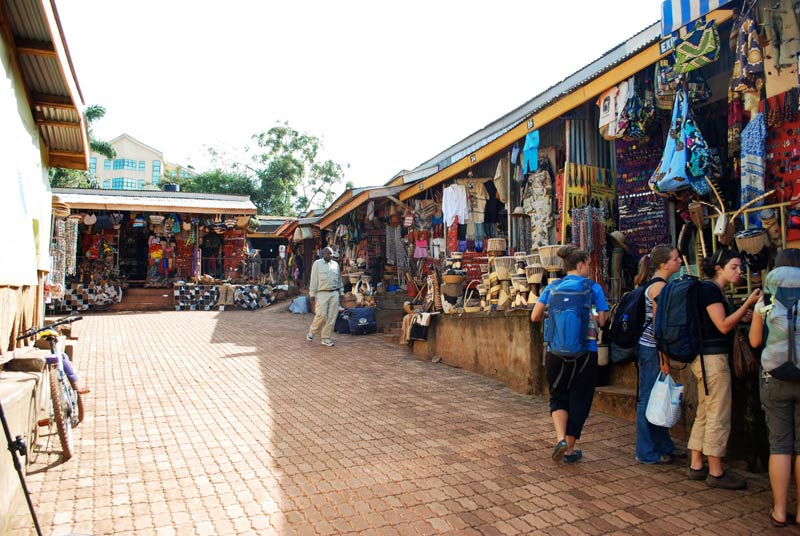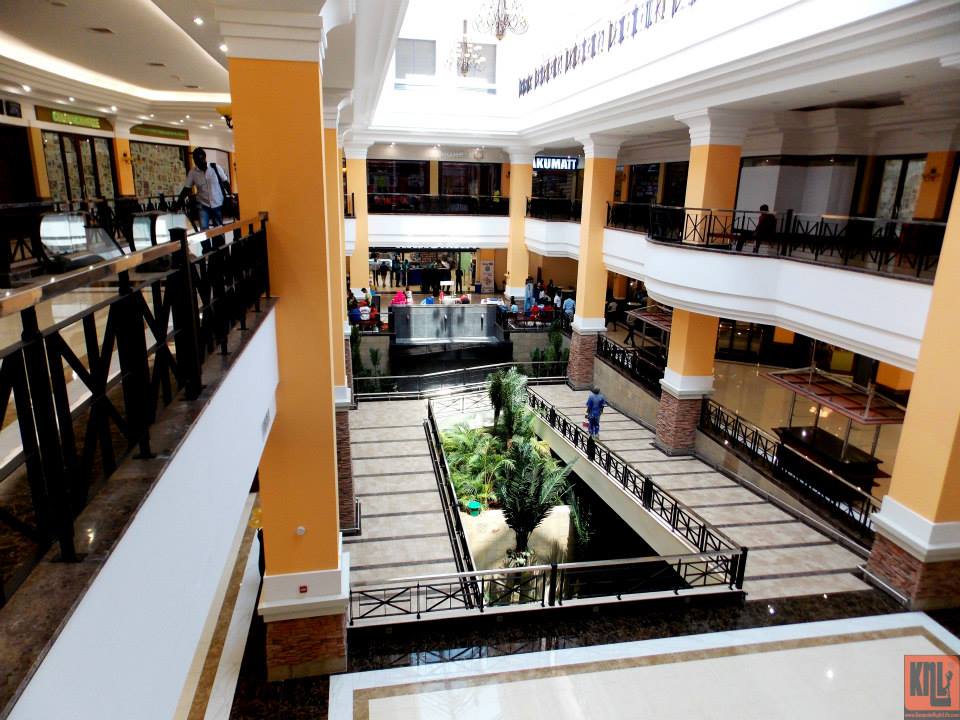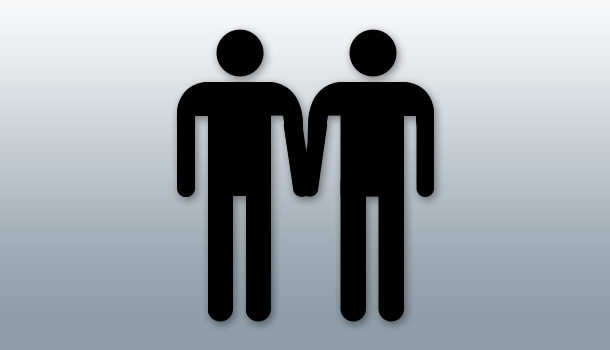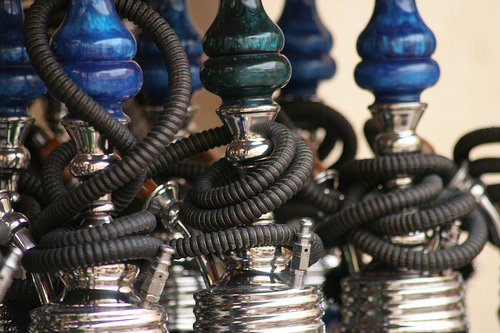Month by month, Kampala is becoming more and more characterised by shopping malls than its hilly, green and scenic landscape. Malls unpacked with containers from China and India, small malls, large malls, finished malls, unfinished malls, malls next to malls, and somehow when you step into one you will notice that we can’t quite fill them up or keep product moving off the shelves. Why the need for all this shelter in a tropical climate? What are we running away from?

In the past, visitors to Uganda used to be charmed by street-side shopping, bargaining for inexpensive arts and crafts, while residents would prefer to seek foreign goods at extortionate prices. It made sense then, we weren’t spoilt for choice as we are now. Going to a shop that would sell pulverised Walkers crisps from England at four times the price was something I was guilty of. The increase of local manufacturing doesn’t seem to compete with products from South Africa and Kenya and lately even they are losing out to the competition of Chinese products. Mall after mall is stocked with anything and everything that they think might sell. It may read ‘electrical goods’ on the signage but stay in the store long enough and the sales assistant just might show you a suitcase filled with edible panties, I kid you not. Then she will tell you they are from America – to which you will jump in delight and fork over your money, to the business, or her pocket, it’s hard to tell.
The recent launch of the first KFC, in Village Mall in Bugolobi, probably attracted more attention than the government announcing its HIV/Aids control programme through distribution of free anti-retroviral drugs. It adds value to a mall like no local business could ever draw in. I’ve never seen KFC as any sort of luxury brand, but the novelty and foreignness of it in Uganda makes it date-worthy, special and even fancy.
When I think of mall culture, America comes to mind, where there are more shopping malls than schools. My first teenage US mall crawl left me completely dwarfed in the magnitude of the experience. Stopping to gasp at every single in-store demonstration, I was perfect bait for promotions, sample testing and ‘free promotions’ that only cost me surrendering all my personal data of course. The ‘mall rats’ that hung around after school looking for dates, the compulsive shoppers, the power walkers and the food court buzz – every time I want to feel frustrated rushing through a mall in Kampala because I can’t get past the family taking pictures in front of a shop or blocking my way as they walk at snail’s pace to take it all in, I am reminded of my awe.

Ugandan mall politics are a bit different from your typical American mall. The customer is always right only if they are white, or black and rich. Everyone else will most likely be followed around in suspicion or flat out ignored. Shopping arcades were conceived as a solution to shelter the wealthier from the rain. We have no rain but like the olden days, the malls are still for the wealthy. I’ve always loved cities like London that have maintained high-street shopping versus malls, utilising the strengths of the city and making solutions for the weaknesses, while still allowing for aesthetically pleasing commercialism. Creating an illusion that we are all the same, as we brush shoulders in the sale, regardless of how far it may be from the truth, is an art yet to be mastered here. Walk into a mall in Uganda and the illusion is placed in exclusion. Poorer people dress up in their Sunday best to experience a supermarket, even if just to buy a bottle of water, yet foreigners think everything is so cheap. Working-class Ugandans know better than to pay four times the cost so they only buy the essentials and shops end up with a lot of dusty and unbought stuff.
As I write this, I can hear yet another construction site, another mall being born. No surprise there.
Melinda Ozongwu is a writer based in Kampala, Uganda. She writes television scripts and regular opinion pieces on the subtext of urban culture in African countries. Her blog SmartGirl Living is a cocktail of thoughts, recipes and advice for the modern African woman. Connect with her on Twitter.



